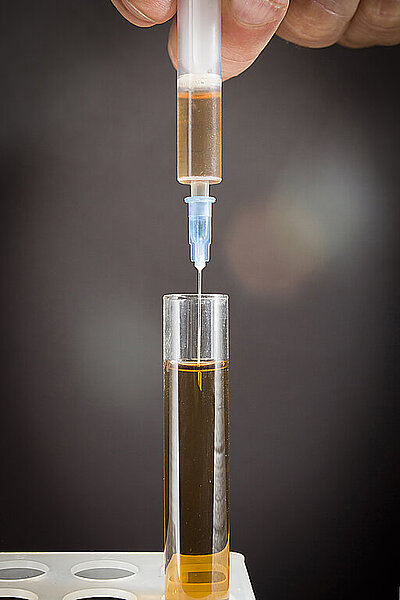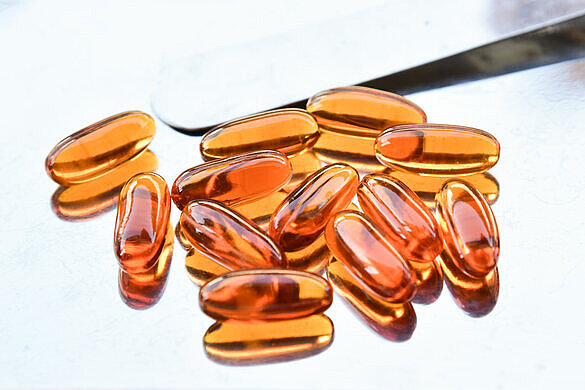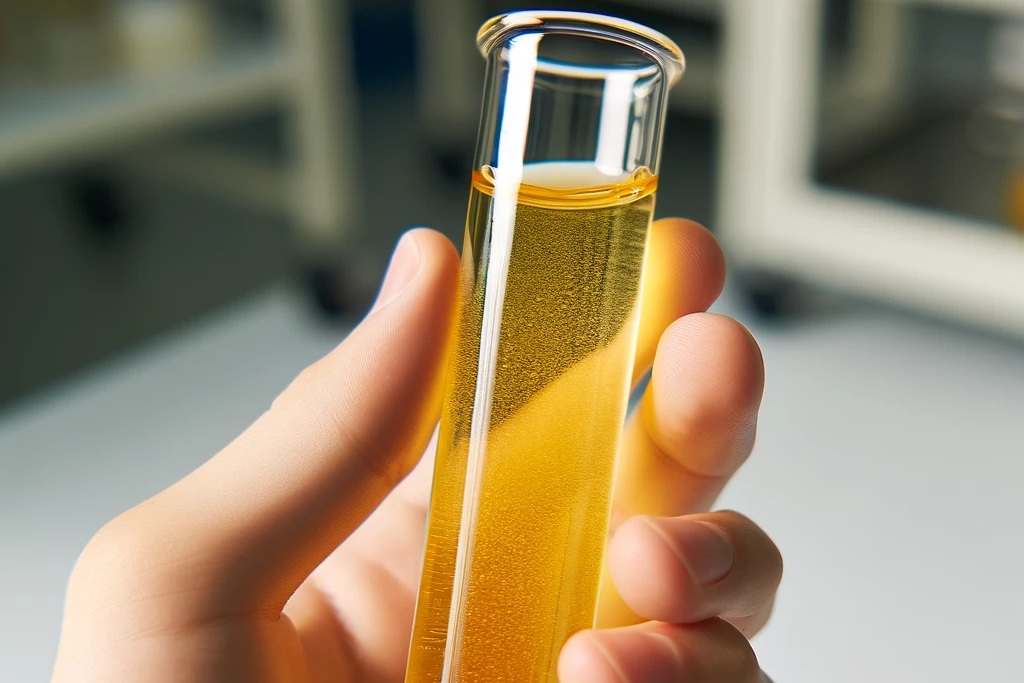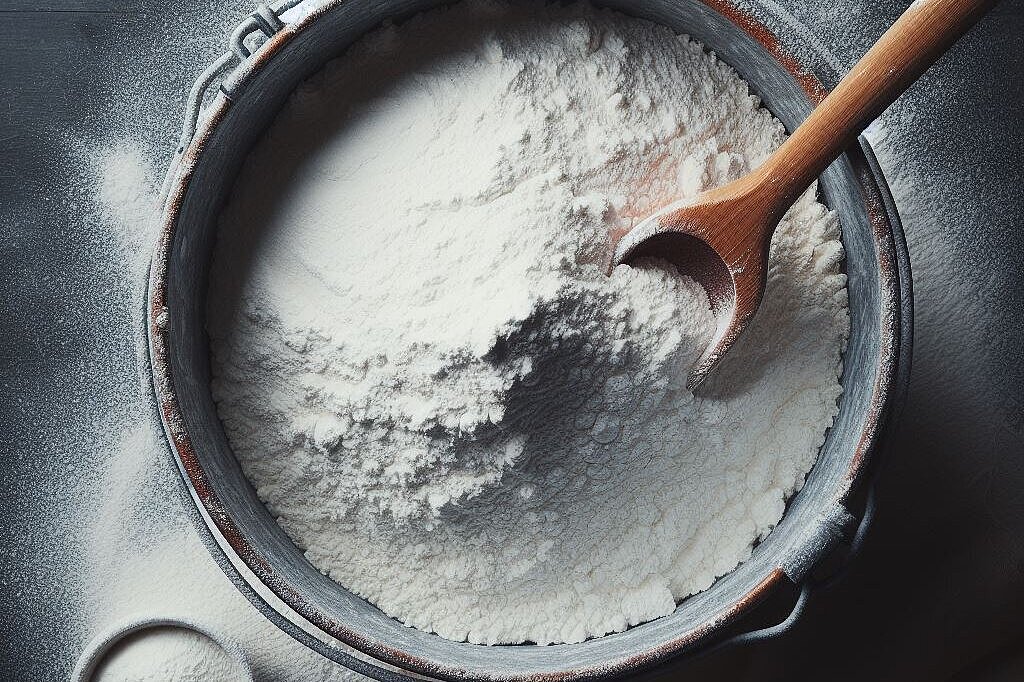Monoglycerides

Monoglycerides are a type of fat that consists of a glycerol molecule and a fatty acid. They occur naturally in many foods, such as milk, butter or coconut oil. However, monoglycerides are also produced artificially and used as additives in the food and animal feed industry. They have various functions, such as improving the texture, shelf life or emulsification of products.
But what effect do monoglycerides have on dogs? Are they healthy or harmful for our four-legged friends? In this article you will learn more about monoglycerides in relation to dogs and their advantages and disadvantages.
The benefits of monoglycerides for dogs
Monoglycerides have several positive effects for dogs, mainly related to their antimicrobial effect. Monoglycerides can kill or inhibit certain bacteria, viruses and fungi that can be dangerous for dogs. For example, monoglycerides can reduce the growth of Salmonella, E. coli or Campylobacter, which can lead to diarrhea or serious infections. The parvovirus, which causes a life-threatening disease in dogs, can also be inactivated by monoglycerides.
Monoglycerides can therefore help to make food safer and more hygienic for dogs. They can also strengthen the immune system of dogs and reduce inflammation in the intestines. In addition, monoglycerides can improve the digestion of fats and promote the absorption of nutrients.
The disadvantages of monoglycerides for dogs
However, monoglycerides are not only good for dogs. They also have some disadvantages that you should be aware of. For one, monoglycerides are very high in calories and can contribute to overweight or obesity in dogs if fed in excessive amounts. Obesity can in turn lead to various health problems in dogs, such as diabetes, cardiovascular disease or joint problems.
On the other hand, monoglycerides are not always natural or of high quality. Many monoglycerides are made from cheap or low-quality fats, which can be contaminated with harmful substances or trans fats. These can have a negative impact on dogs' health and lead to oxidative stress or chronic disease.
Monoglycerides can also disrupt the natural balance of the intestinal flora in dogs and lead to digestive problems or allergies. Some dogs are also sensitive to monoglycerides and show symptoms such as vomiting, diarrhea or skin rashes.
How do you recognize monoglycerides in dog food?
Monoglycerides must be declared on the list of ingredients in dog food. They can appear under various names, such as mono- and diglycerides of fatty acids, E471, GMS (glycerol monostearate) or GML (glycerol monolaurate). Attention should be paid to which fatty acids the monoglycerides consist of and how high their proportion in the feed is. The higher the proportion of unsaturated fatty acids, the more suitable the monoglycerides are for dogs.
Monoglycerides are a type of fat that can have both advantages and disadvantages for dogs. They can make food safer for dogs and support their health, but they can also lead to obesity or health problems. You should therefore pay attention to the type and amount of monoglycerides in your dog's food.
If you notice any signs of hypersensitivity or poisoning in your dog, you should see your vet immediately. We are not a substitute for a vet, but we try to be as accurate as possible. Every dog reacts differently and we recommend you get a second opinion or consult your vet if in doubt.
Stay healthy and take good care of your four-legged friend!😊
Similar to Monoglycerides
Diglycerides are fats that consist of two fatty acids and a glycerol molecule. They occur both naturally in food and artificially as additives. In dog food, they are usually used as emulsifiers,...
Lecithin is a collective term for various phospholipids that play an important role in the cell membrane. Phospholipids are fat molecules that consist of a water-soluble head and a fat-soluble tail....
Polysorbate 80, also known as Tween 80, is a yellowish, viscous liquid used in industry as an emulsifier. Emulsifiers are chemical additives that help to combine two normally immiscible liquids,...
Glyceryl monostearate, also known as GMS, is a chemical compound used in both the food and animal feed industries as an emulsifier, thickener and stabilizer. It is an ester derived from glycerol and...



